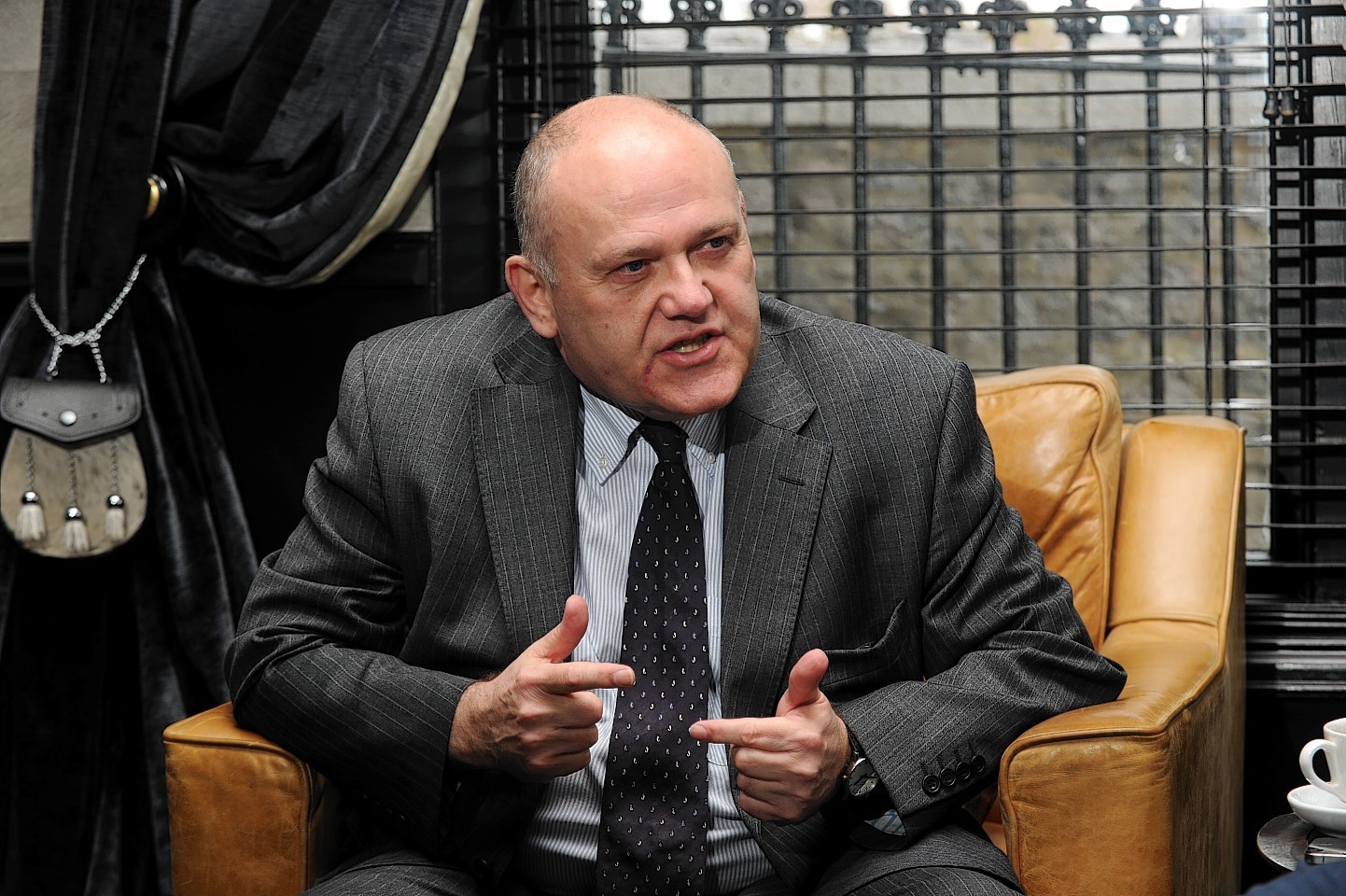Plans for a local income tax rate in an independent Scotland would be “disastrous” for Aberdeen, a former city council leader has claimed.
Labour councillor Barney Crockett said the move would affect a large majority of high earners in the oil capital of Europe, which is regarded by many as the economic engine room of Scotland.
He claimed the money would be used to bankroll the rest of the country while the city – already under-funded – was unlikely to be adequately compensated for public services.
Mr Crockett spoke out after First Minister Alex Salmond revealed he planned to replace council tax with a local income tax if people vote for independence.
The SNP leader and MSP for Aberdeenshire East said the policy would benefit people on low incomes because it was based on the ability to pay.
The government originally promised to introduce the tax in 2007 but was forced to drop the plan in 2011 after the recession led to a £800million shortfall in the revenue it was projected to raise.
Mr Crockett, who chairs the city council’s enterprise, strategic planning and infrastructure committee, challenged Finance Secretary John Swinney to come up with an alternative taxation plan, which partly takes into account property values.
He also said local government should be given more responsibility for spending the money it raises.
“The government’s plan would be a disastrous for the workforce in the city because it is the only part of Scotland where a large majority of people will have to pay a lot more,” added the councillor.
“We are raising a large sum of money without seeing expenditure increasing.”
